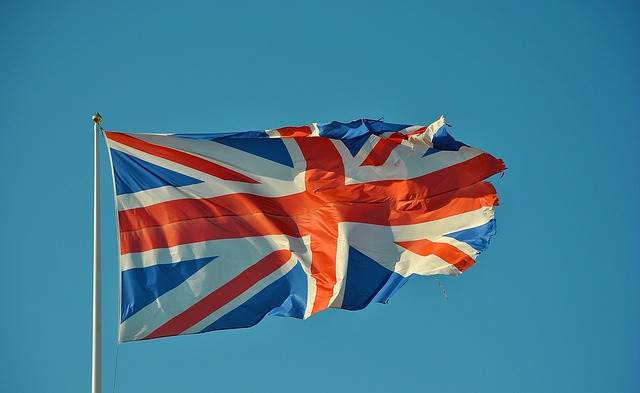 The UK is inside the last two weeks of what many are calling a Brexit election. As a consequence, all of the major parties have launched their election manifestoes, laying out the “promises” they hope to attract voters with. Traditionally, these documents underplay tax consequences and overstate the aspirational policies which, they hope will get them into power.
The UK is inside the last two weeks of what many are calling a Brexit election. As a consequence, all of the major parties have launched their election manifestoes, laying out the “promises” they hope to attract voters with. Traditionally, these documents underplay tax consequences and overstate the aspirational policies which, they hope will get them into power.
The Institute for Fiscal Studies (IFS) was established in 1969 and is independent of government or political parties. IFS seeks to inform public debate on UK economic matters leading, it hopes, to the development of effective fiscal policy which would then be implemented by political parties once they gain power. It has gained respect over the years for its economic analysis.
IFS has analysed the manifesto revenue raising and spending policies identified by the major parties in their 2019 manifestoes. It concludes that nether the opposition Labour Party nor the ruling Conservative Party are offering “credible” plans in these documents.
IFS suggests that the lavish spending pledges by the Labour Party are unlikely to be delivered if funded by increased taxation of “big companies and the rich; the top 5% of earners in the UK. The Labour definition of “rich” in this context is anybody earning above £80000 per annum. Labour has made much of the idea that its spending plans could be realised without increasing the tax burden on 95% of the electorate. The spending plans would cost an estimated £80 billion a year. IFS’s Paul Johnson concludes: "In reality, a change in the scale and the scope of the state that they propose would require more broad-based tax increases at some point."
Turning to Conservative promises, IFS concludes that it is “highly likely” that they would exceed the spending levels indicated in their manifesto. Mr Johnson said that the Conservatives continued to "pretend that tax rises will never be needed to secure decent public services". The Conservative manifesto had "failed to come up with any kind of plan or any kind of money" for social care services, a major current concern for the nation. He described the Conservative pledge not to raise income tax, national insurance or VAT over the life of the next parliament as “ill advised” and concluded that neither party was being honest with the public.
